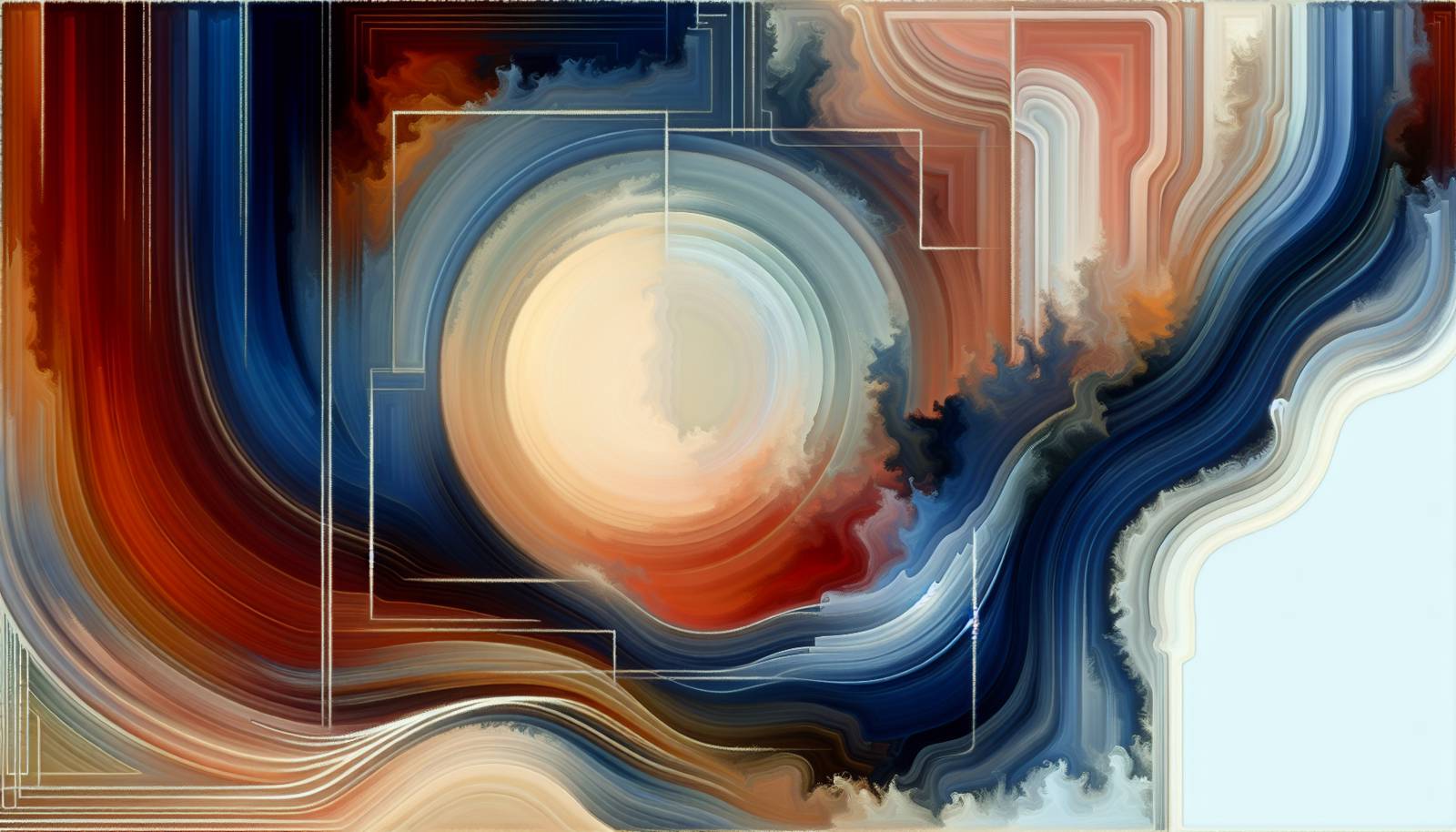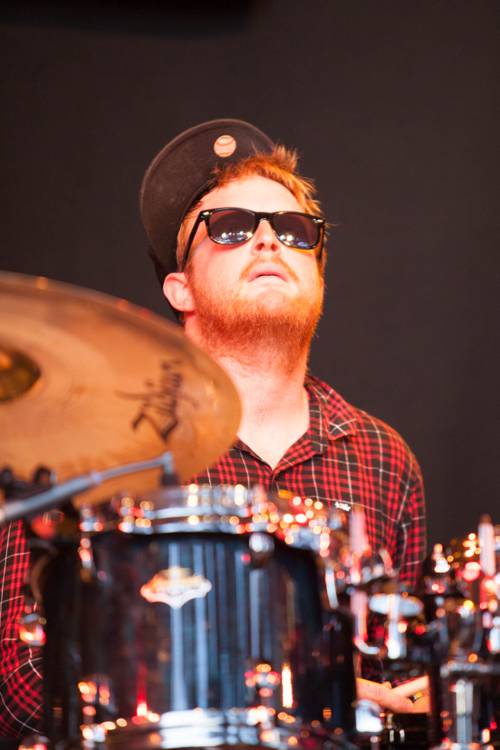
FAQ About The Influence of Neo-Soul on Modern Music

What is neo-soul, and how did it originate?
Neo-soul is a genre of popular music that emerged in the 1990s as a blend of contemporary R&B and 1970s-style soul with elements of jazz, funk, and hip hop. The term was coined by Kedar Massenburg in the late 1990s to describe a new wave of soul music that moved away from the overly polished sound of mainstream R&B at the time. Pioneers of the genre include artists like Erykah Badu, D'Angelo, and Lauryn Hill, who sought to bring back the depth, authenticity, and emotional expression that characterized the soul music of the past.

How has neo-soul influenced modern R&B music?
Neo-soul has had a significant impact on modern R&B by reintroducing a focus on live instrumentation, deep lyrical content, and vocal authenticity. Unlike the heavily produced sounds typical of earlier R&B, neo-soul artists often emphasize organic musical elements and draw from personal and often socio-political themes. This influence is evident in the work of contemporary artists such as Solange, Frank Ocean, and Anderson .Paak, who blend traditional soulful sounds with modern production techniques.

Who are some key artists in the neo-soul genre?
Several key artists have been fundamental in defining and popularizing the neo-soul genre. Notable figures include Erykah Badu, often referred to as the "Queen of Neo-Soul," D'Angelo, whose 1995 album Brown Sugar is a landmark in the genre, and Lauryn Hill, whose work with The Fugees and her solo album The Miseducation of Lauryn Hill have had widespread influence. Other influential artists include Maxwell, Jill Scott, and India.Arie.

What musical elements define neo-soul compared to traditional soul music?
Neo-soul differentiates itself from traditional soul music through a combination of musical elements such as complex rhythms influenced by jazz and funk, contemporary production techniques, and a fusion of hip-hop elements. It emphasizes a more organic sound often created by live instruments rather than digital synthesis, and it frequently addresses contemporary social and personal themes. The melodies are typically layered, and the vocal styles are varied, drawing from both traditional soul and modern influences.

How do neo-soul artists incorporate jazz and funk into their music?
Neo-soul artists incorporate jazz and funk into their music by utilizing complex chord progressions, syncopated rhythms, and improvisational elements characteristic of jazz. Funk influences are apparent in the genre's groove-driven bass lines and rhythmic patterns. Artists often blend these elements seamlessly, creating a rich tapestry of sound that is both soulful and innovative. This integration results in a distinctive musical experience that straddles traditional and contemporary styles.

In what ways has neo-soul contributed to the fusion of genres in contemporary music?
Neo-soul has expanded the boundaries of genre fusion in contemporary music by effortlessly blending elements of soul, jazz, funk, R&B, and hip-hop. This melding of styles has inspired a new generation of artists to experiment with diverse sounds and has contributed to the acceptance and popularity of genre-blending in modern music production. The evolution of neo-soul has paved the way for artists to innovate by creating music that transcends traditional genre classifications, leading to a more eclectic and dynamic musical landscape.

What impact did D'Angelo have on the neo-soul movement?
D'Angelo played a pivotal role in the neo-soul movement, particularly with his debut album Brown Sugar released in 1995. This album is often credited with setting the groundwork for the genre, combining classic soul influences with modern R&B and hip-hop. His follow-up album, Voodoo, further cemented his influence by showcasing a deeply personal and raw sound that broke away from the highly polished productions dominating the charts at the time. D'Angelo's innovative approach and commitment to authenticity have made him a central figure in neo-soul.

How does neo-soul address social and political themes in its music?
Neo-soul frequently addresses social and political themes by incorporating lyrics that reflect on racial identity, love, inequality, and empowerment. The genre is known for its introspective and conscious lyricism, often highlighting personal and societal struggles. Many neo-soul artists use their platform to advocate for change and bring attention to important issues, thereby connecting with audiences on a deeper emotional and intellectual level. This tradition of socially aware music is a hallmark of the genre.

What are some albums considered seminal in the neo-soul genre?
Several albums are considered seminal in the neo-soul genre, shaping its sound and influence on contemporary music. Erykah Badu's Baduizm and Mama's Gun, D'Angelo's Brown Sugar and Voodoo, Lauryn Hill's The Miseducation of Lauryn Hill, and Maxwell's Urban Hang Suite are regularly cited as landmark albums. These works contribute to defining the genre through their innovative sound, deep lyrical content, and fusion of styles.

How has neo-soul influenced pop music?
Neo-soul has subtly influenced pop music by encouraging a return to the use of live instruments and more authentic vocal performances. Pop artists have adopted the genre's emphasis on lyrical depth and emotional expression, often resulting in songs that balance mainstream appeal with thoughtful commentary. The genre's influence is seen in the work of artists who blend soulful vocals with pop sensibilities, leading to a richer and more varied pop music landscape.
